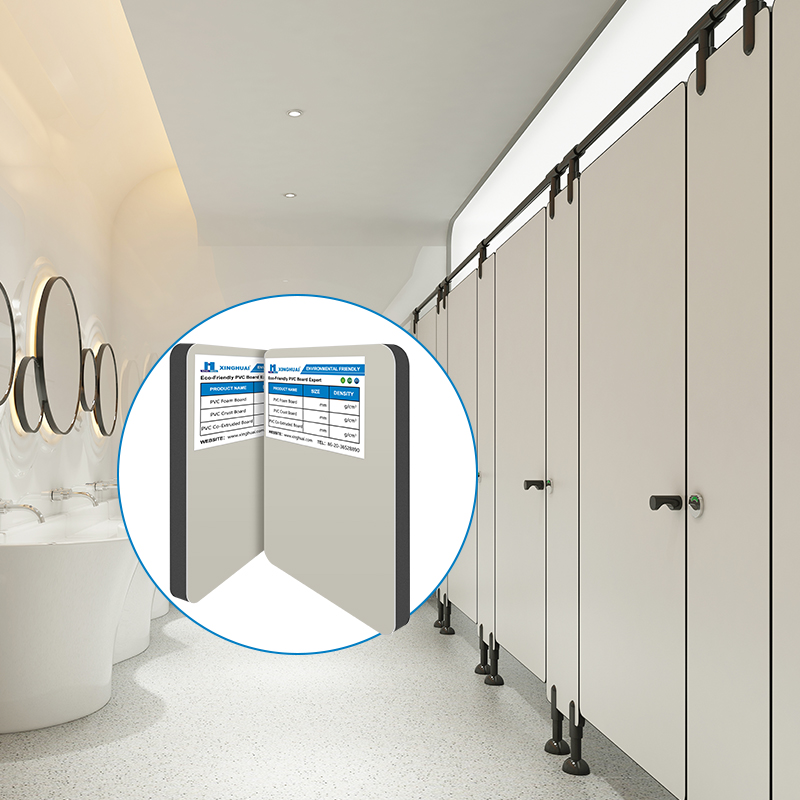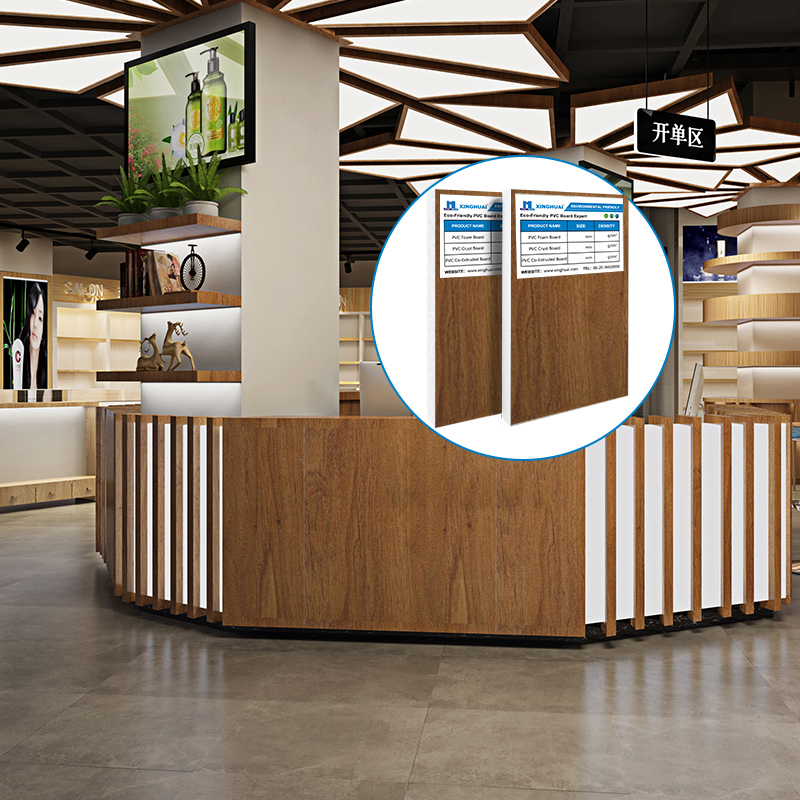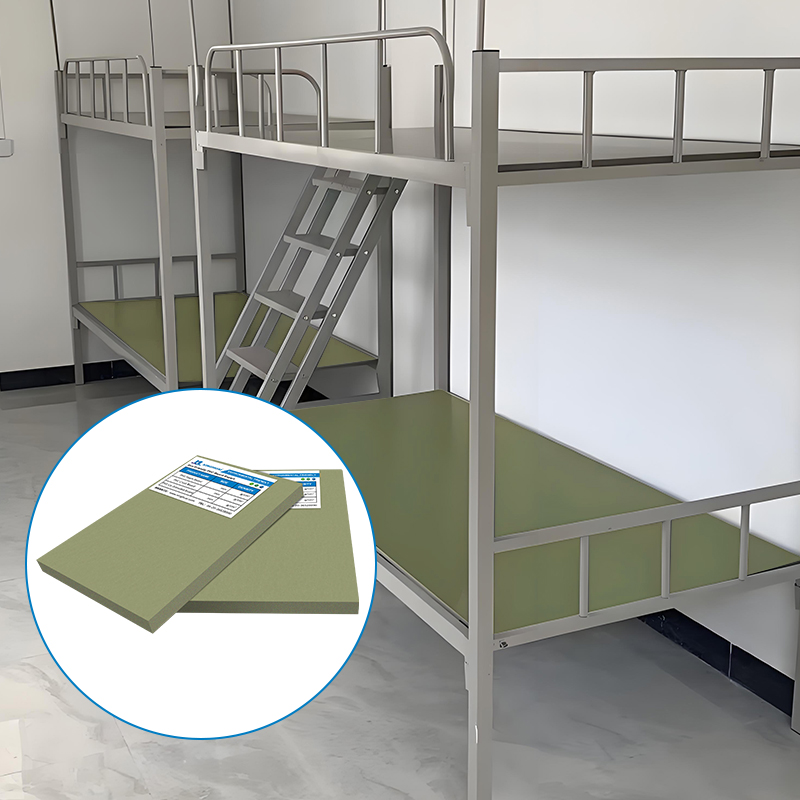Can PVC Sheets Be Bent? Exploring Flexibility and Thermoforming Techniques
PVC sheets are widely used in construction, signage, furniture, and industrial applications due to their durability, lightweight nature, and cost-effectiveness. However, a common question arises: Can PVC sheets be bent? The answer depends on the type of PVC sheet, its composition, and the bending method employed. This article delves into the flexibility of PVC sheets, focusing on celuka panel, bending pvc foam board, 1/2 pvc foam board, pvc hard plastic sheet, and pvc board factory practices.
Understanding PVC Sheet Types and Their Bending Capabilities
PVC sheets come in various forms, each with distinct properties that influence their bendability. The key factors include density, thickness, and manufacturing process.
Celuka Panel
Celuka panel refers to a rigid PVC foam board produced using the Celuka extrusion process, which creates a dense, smooth outer skin and a cellular foam core. While celuka panel is known for its rigidity and impact resistance, it can still be bent under specific conditions. The smooth surface of celuka panel makes it ideal for applications requiring a polished finish, even after bending.
Bending PVC Foam Board
Bending pvc foam board is a common practice in fabrication, especially for creating curved partitions, displays, or architectural features. The foam core of bending pvc foam board allows for some flexibility, but the degree of bendability depends on thickness and density. Thinner sheets (e.g., 1/2 pvc foam board) are easier to bend than thicker ones.
1/2 PVC Foam Board
1/2 pvc foam board (0.5 inches thick) strikes a balance between rigidity and flexibility. It is a popular choice for bending pvc foam board projects because it can be shaped using heat without cracking or breaking. The foam core of 1/2 pvc foam board distributes stress evenly during bending, reducing the risk of damage.
PVC Hard Plastic Sheet
Pvc hard plastic sheet is denser and more rigid than foam-based PVC. While pvc hard plastic sheet offers superior strength and scratch resistance, it is less bendable than foam boards. However, pvc hard plastic sheet can still be thermoformed (heat-bent) for specific applications, such as creating curved enclosures or custom parts.
PVC Board Factory
Pvc board factory production techniques play a crucial role in determining bendability. Factories may use co-extrusion, Celuka, or free-foam processes to manufacture PVC sheets. Celuka panel production, for instance, results in a harder outer layer but still allows for controlled bending with proper heating.
Methods for Bending PVC Sheets
Heat Bending (Thermoforming)
The most common method for bending pvc foam board or pvc hard plastic sheet is heat bending. Here’s how it works:
Heating: Use a heat gun, strip heater, or oven to soften the PVC sheet. For celuka panel, focus on the area to be bent, as the dense skin requires more heat.
Bending: Once pliable, gently bend the sheet to the desired angle. For 1/2 pvc foam board, clamp the sheet in a jig to maintain the curve while cooling.
Cooling: Allow the sheet to cool in the bent position to retain its shape.
Cold Bending (Limited Applications)
Thin pvc foam board or flexible PVC variants can sometimes be cold-bent for shallow curves. However, this method risks cracking or white streaking (stress marks), especially in celuka panel or pvc hard plastic sheet.
Kerf Bending (For Wood-Like Effects)
For pvc hard plastic sheet or thick celuka panel, kerf bending involves cutting parallel grooves on the backside of the sheet to allow it to bend along a curve. This method is labor-intensive but useful for creating intricate shapes.
Factors Affecting PVC Sheet Bendability
Thickness
Thinner sheets (e.g., 1/2 pvc foam board) bend more easily than thicker ones. Pvc hard plastic sheet over 1/4 inch thick may require specialized equipment for bending.
Density
Celuka panel has a higher density than free-foam PVC boards, making it stiffer but still bendable with heat. Lower-density bending pvc foam board is more flexible.
Temperature
Overheating pvc hard plastic sheet or celuka panel can cause warping, bubbling, or degradation. Pvc board factory recommendations for heating temperatures vary but typically range from 250°F to 350°F (120°C to 175°C).
Bending Radius
Tighter bends require more flexibility. 1/2 pvc foam board can achieve smaller radii than pvc hard plastic sheet, which may crack if bent too sharply.
Applications of Bent PVC Sheets
Retail Displays and Signage
Bending pvc foam board is widely used to create curved signage, product stands, and point-of-sale displays. Celuka panel offers a premium finish for high-end retail environments.
Architectural Features
1/2 pvc foam board and celuka panel are bent to form curved walls, ceilings, and decorative panels in modern interiors.
Furniture and Cabinetry
Pvc hard plastic sheet is thermoformed into ergonomic chair arms, table edges, or cabinet doors. Bending pvc foam board is used for lightweight, curved furniture components.
Automotive and Marine Industries
Pvc board factory-produced sheets are bent for custom vehicle interiors, boat trim, and dashboard components.
Art and Prototyping
Artists and designers use bending pvc foam board to create sculptures, models, and prototypes due to its ease of shaping.
Advantages of Bent PVC Sheets
Design Flexibility
Bent PVC sheets, including celuka panel and 1/2 pvc foam board, enable curved, organic designs that rigid materials cannot achieve.
Cost-Effective
Thermoforming PVC is often cheaper than machining or molding complex shapes from other materials.
Lightweight and Durable
Bent pvc foam board retains its strength while remaining lightweight, making it ideal for portable displays or temporary structures.
Easy to Fabricate
With basic tools like heat guns and jigs, even small-scale pvc board factory operators or DIY enthusiasts can bend PVC sheets.
Limitations and Considerations
Heat Distortion Risk
Overheating pvc hard plastic sheet or celuka panel can cause permanent deformation. Always follow pvc board factory guidelines for heating temperatures.
Cracking in Thick Sheets
Thicker pvc hard plastic sheet (over 1/2 inch) may crack during bending. Use kerf bending or professional thermoforming equipment for such cases.
Color and Finish Changes
Heating may alter the color or surface texture of pvc foam board or celuka panel. Test a small section before bending the entire sheet.
Tooling Costs for Large-Scale Production
For high-volume bending pvc foam board projects, investing in custom jigs or thermoforming machines may be necessary, increasing upfront costs.
Conclusion
PVC sheets, including celuka panel, bending pvc foam board, 1/2 pvc foam board, pvc hard plastic sheet, and products from pvc board factory lines, can indeed be bent using heat or specialized techniques. The bendability depends on factors like thickness, density, and manufacturing process. While celuka panel and pvc hard plastic sheet offer superior rigidity, they can still be shaped for creative applications. 1/2 pvc foam board is particularly versatile for DIY and small-scale projects. By understanding the bending process and material properties, users can unlock the full potential of PVC sheets in their designs.




